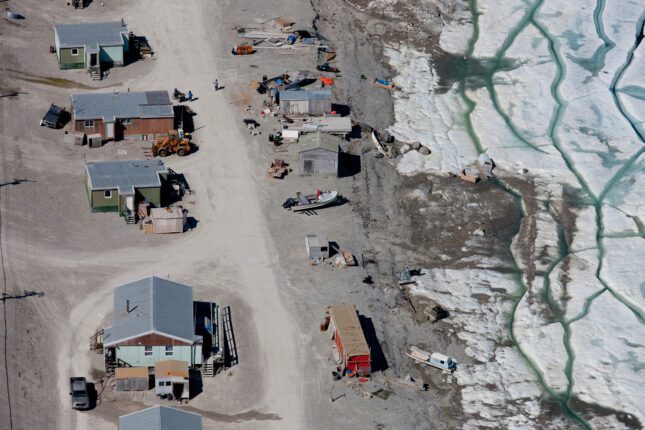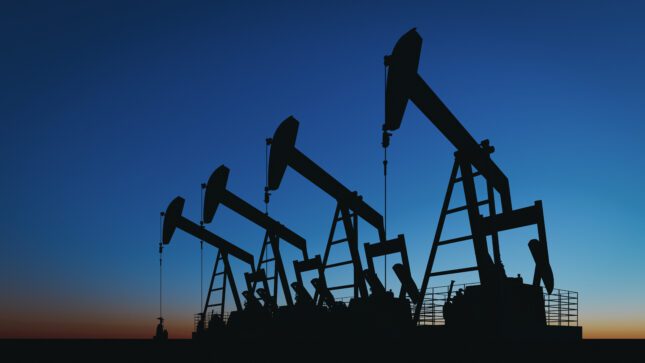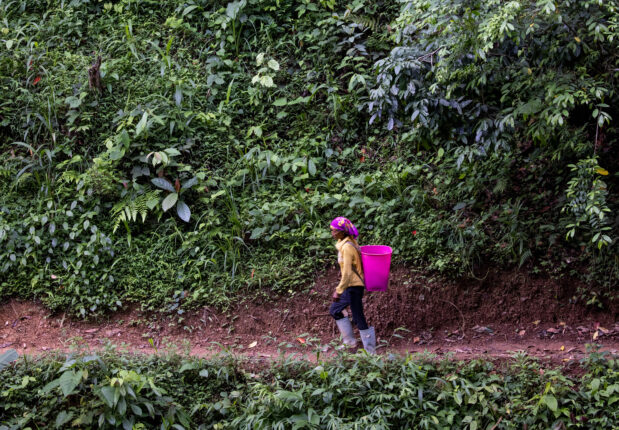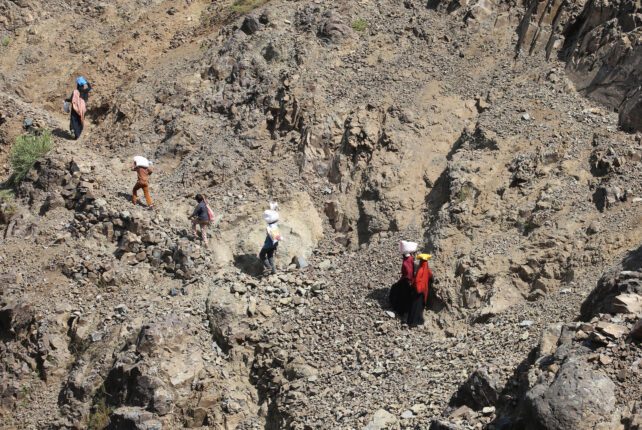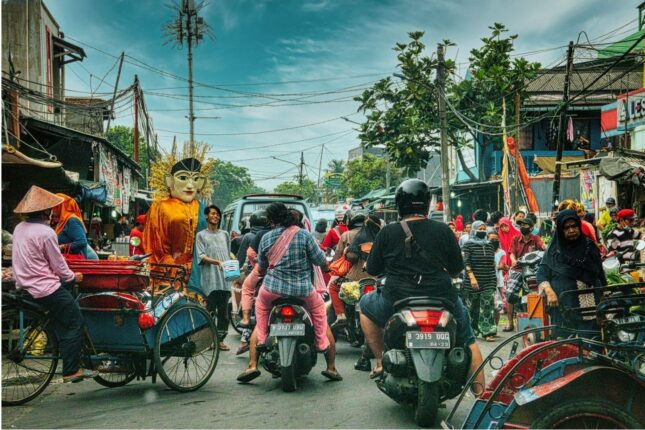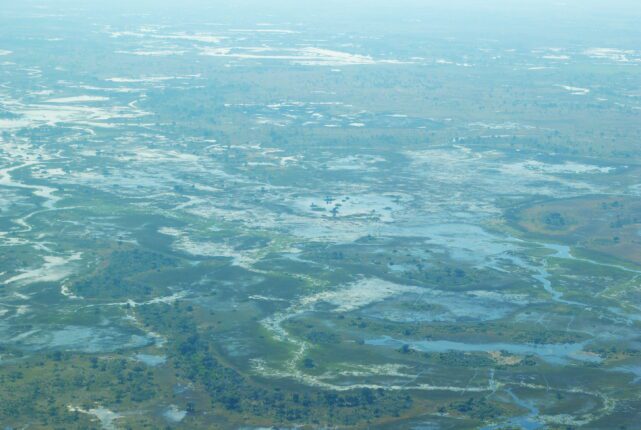-
Reconsidering Arctic Resilience: Community Bonds and Coping with Change
›Guest Contributor // February 11, 2026 // By Nadezhda Filimonova, Anngelica Kristoferqvist, Åsa Andersson, Francis Joy & Katariina VuoriPresident Donald Trump’s revived interest in buying Greenland attracted worldwide attention to the Arctic and triggered renewed geopolitical discussions about the region. These policy and academic debates mainly focus on traditional military threats and protecting national interests linked to great power rivalries—specifically a broader global competition involving the USA, Russia, and China.
-
Lessons from the Niger Delta: What Awaits U.S. Oil Companies in Venezuela?
›When the executive branch of the United States government authorized the capture of Venezuelan President Nicolás Maduro in early January, it was the latest turn in a series of escalating events between the two nations. The Venezuelan President’s capture drew the ire of both the international community and some members of Congress because of its impact on national sovereignty and the future of the rules-based international order.
-
Environmental Security Weekly Watch: February 2-6, 2026
›A window into what we’re reading at the Stimson Center’s Environmental Security Program
Final Version of Global Critical Minerals Treaty Stripped of Traceability Measures (Mongabay)
At the seventh U.N. Environment Assembly in December 2025, Colombia and Oman jointly proposed a legally binding international treaty to create traceability and due diligence mechanisms across global mineral supply chains. Their proposal faced resistance from multiple countries including Saudi Arabia, Russia, Iran, Chile, and Uganda, and ultimately resulted in a watered-down nonbinding resolution on mineral governance that excluded traceability provisions entirely.
-
From the Forests of Yunnan: Rethinking What Tea Can Be
›“Where is the tea?” I asked after our class had hiked through densely wooded hills for half an hour, looking around in confusion. I was among a team of Duke Kunshan University (DKU) graduate students led by Dr. Binbin Li to study tea crops grown in the tropical forests of Xishuangbanna, Yunnan Province.
-
Can Climate Security Survive the Crisis of Multilateralism?
›Multilateralism is under threat, as many global powers increasingly choose to center their security priorities around defense and economic competition over international cooperation. This shift toward short-term national interests risks undermining progress on joint challenges, including climate change, peace and justice. What will be lost if the climate security agenda becomes a battlefield of competing interests? How can peacebuilding and development actors respond?
-
Environmental Security Weekly Watch: January 26-30, 2026
›A window into what we’re reading at the Stimson Center’s Environmental Security Program
High Seas Treaty Takes Effect as Global Ocean Protection Framework (Associated Press)
The High Seas Treaty is the world’s first legally binding agreement to protect marine life in international waters, and its broad impacts began when it entered into force on January 17, 2026. The treaty governs the nearly half the planet’s surface comprised of vast ocean areas beyond any individual country’s exclusive economic zone—an area which faces threats from destructive fishing, shipping, plastic pollution, overfishing, and potential deep sea mining. The agreement also establishes the first framework for creating Marine Protected Areas on the high seas, which constitute about two-thirds of the world’s ocean.
-
Can China Help Indonesia Shift Gears on Electric Two-wheelers?
›Indonesia produces more than half of the world’s nickel output – a critical component in batteries for four- and two-wheel electric vehicles (EVs). Mostly Chinese-owned smelters work around the clock in Sulawesi to process the nickel ore and ship it across the globe. Indonesia’s resource nationalism – the government policy banning ore exports and forcing domestic processing appears to have worked well – but only in the upstream segment of the supply chains.
-
Water Cooperation is Under Threat
›Rivers, lakes, and aquifers ignore borders and politics, binding countries, people, and ecosystems together. This shared reality has long required cooperation, even among states divided by tensions or conflict. Through technical dialogue, data sharing, and joint institutions, countries have often quietly managed floods, negotiated infrastructure, and protected water quality.
Showing posts from category *Blog Columns.


